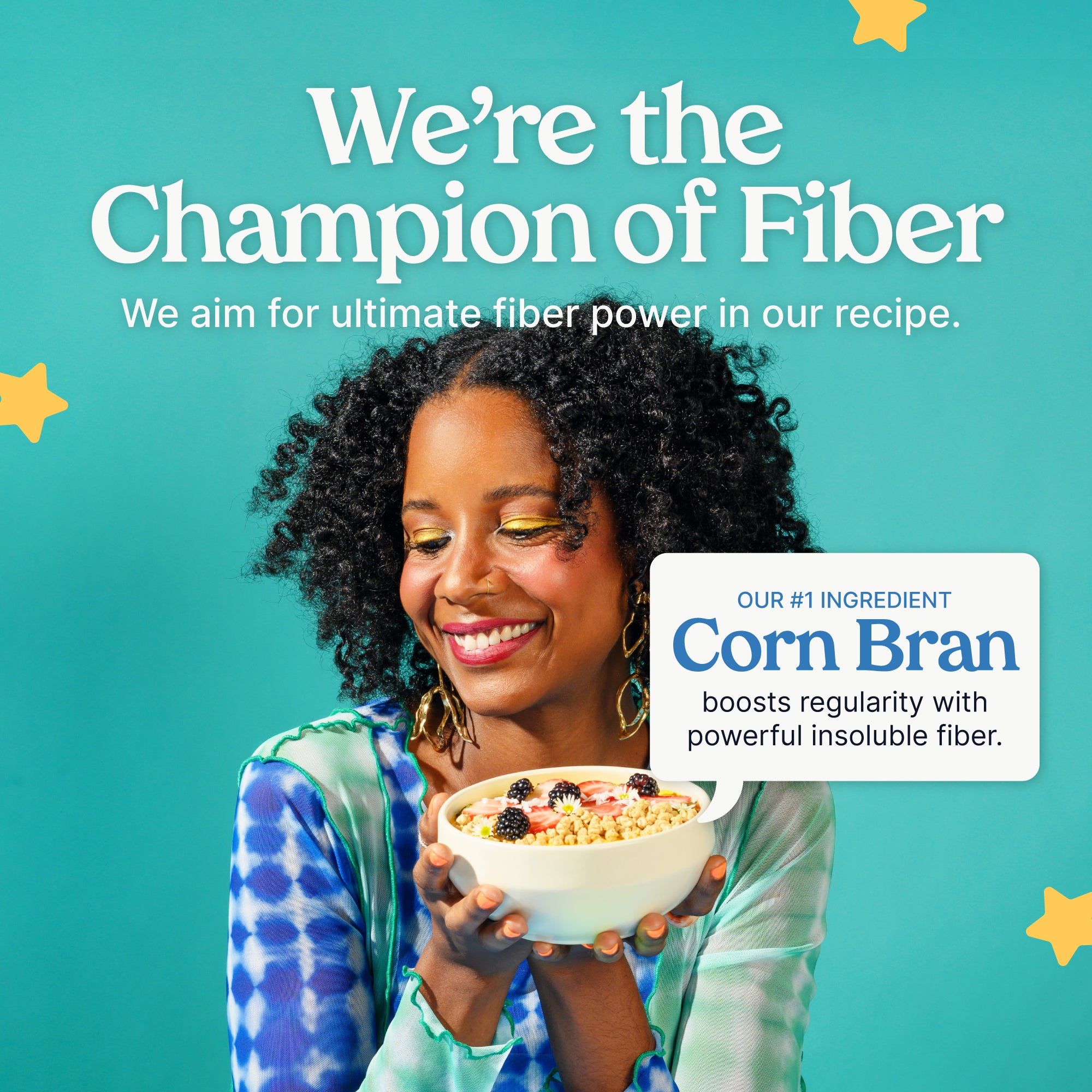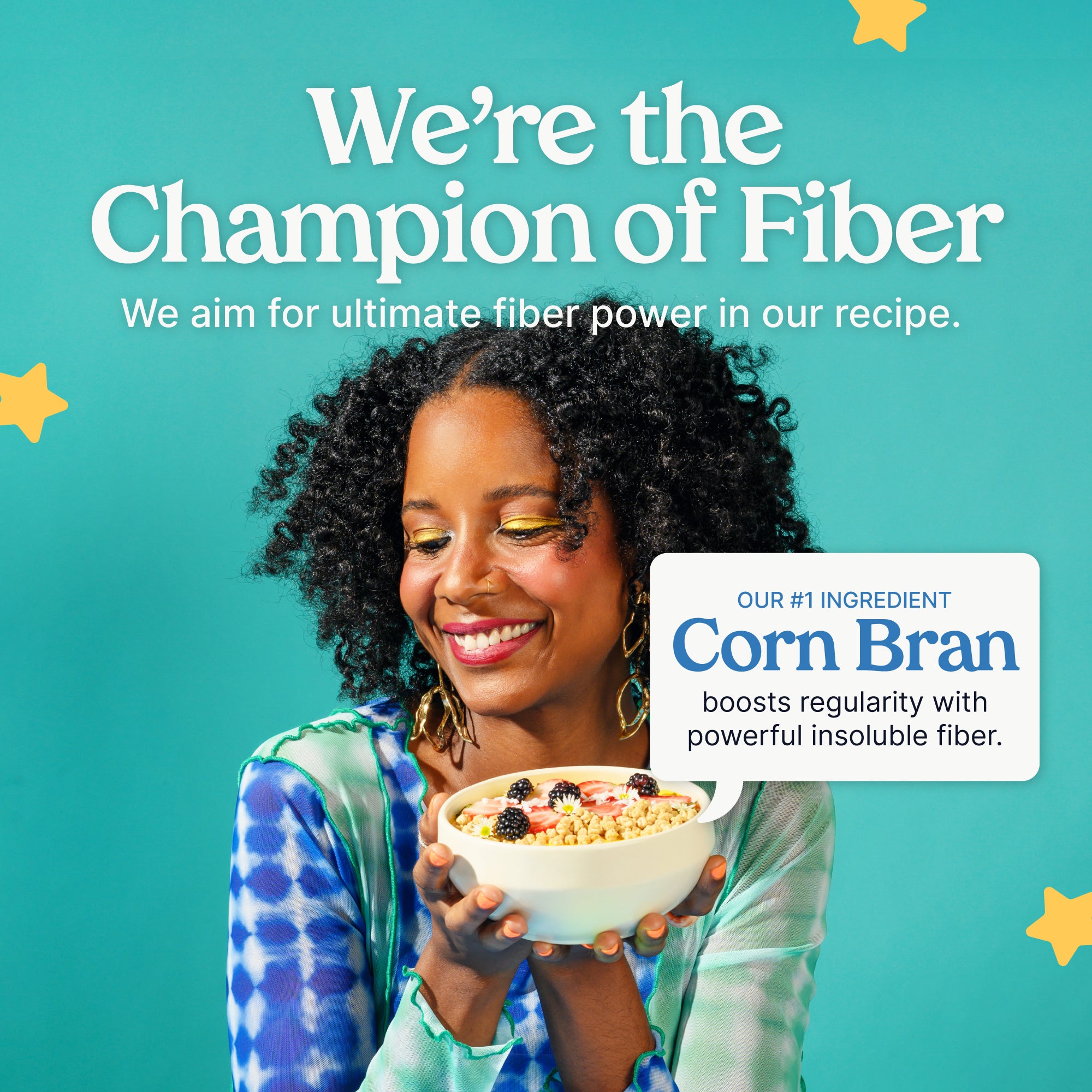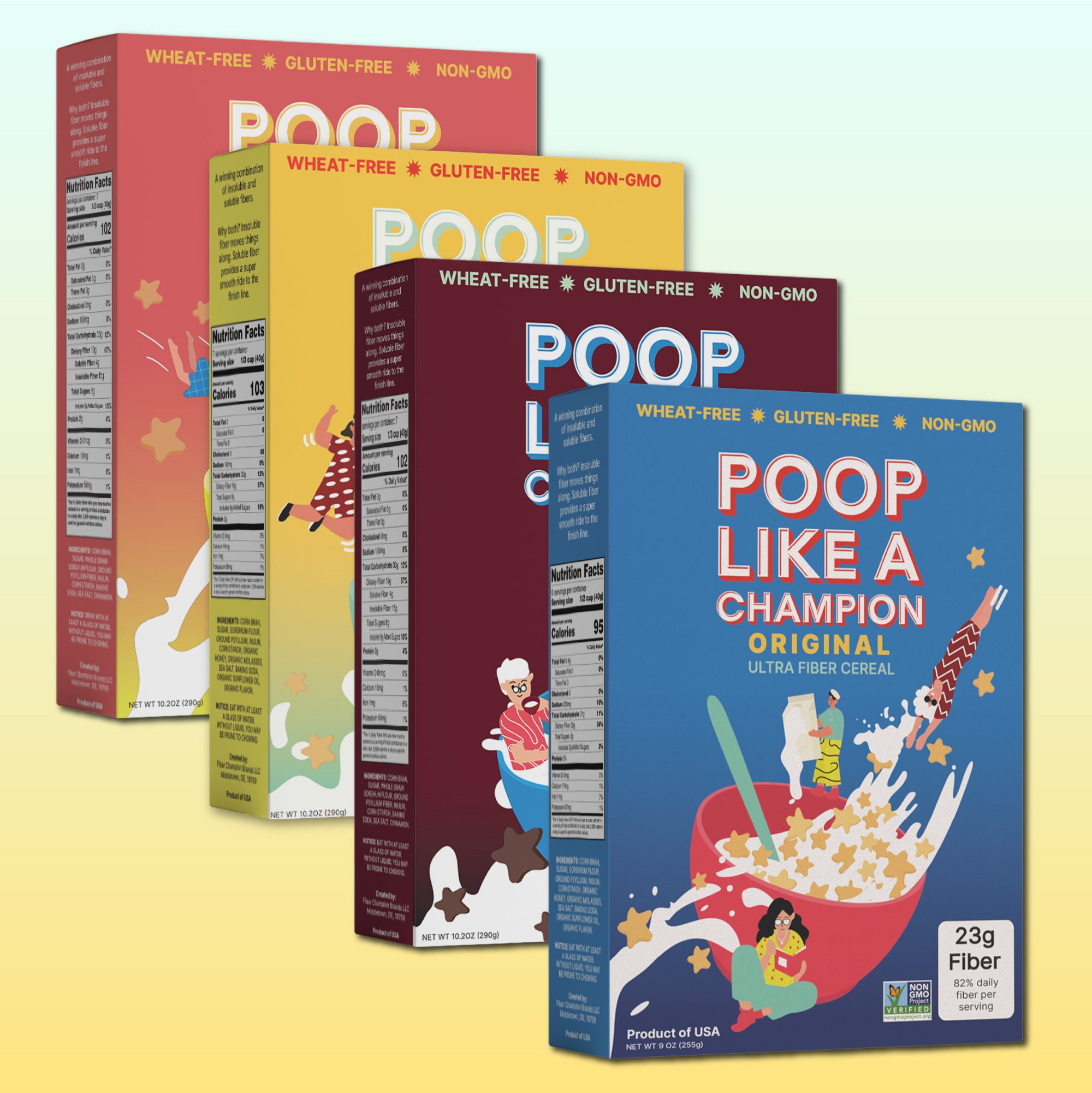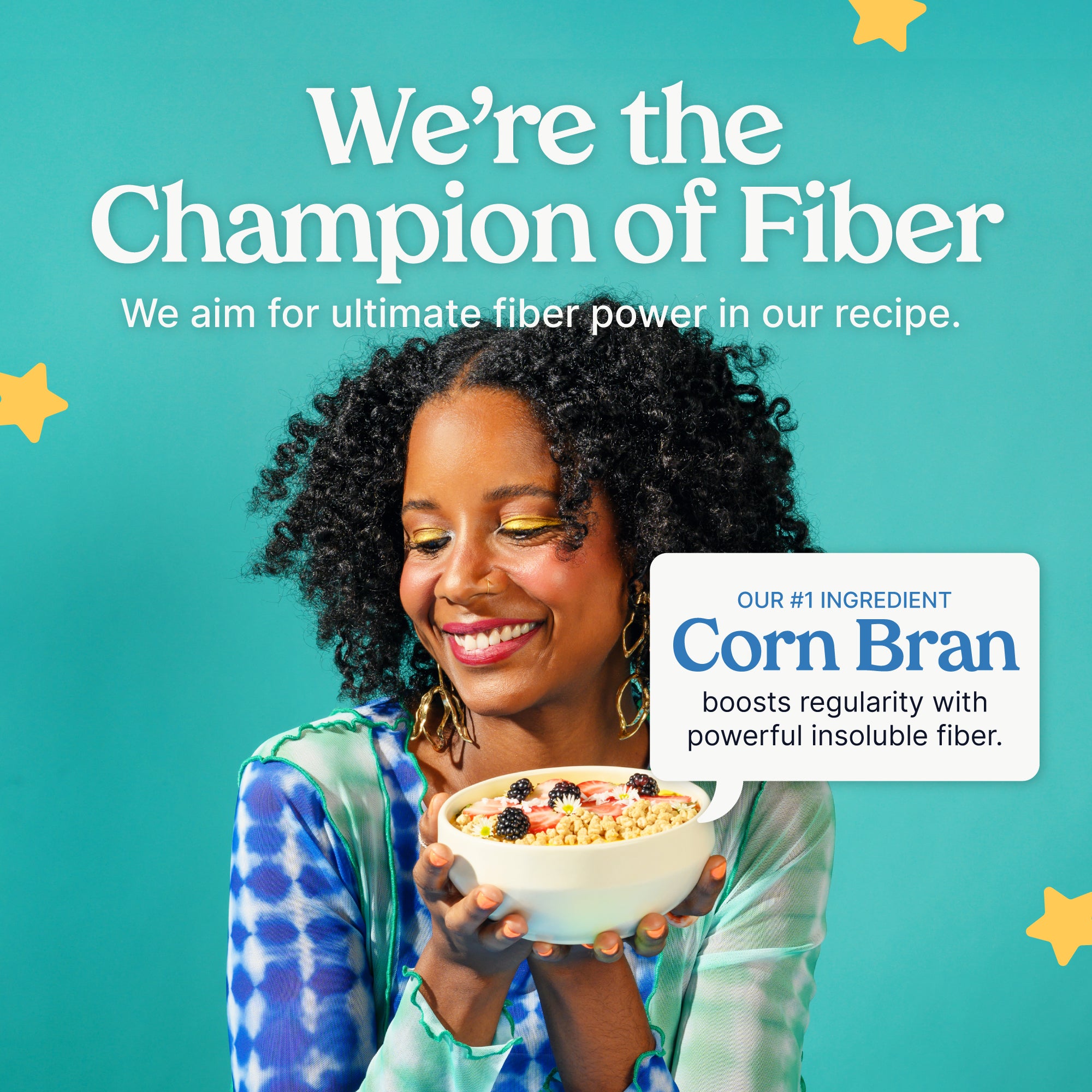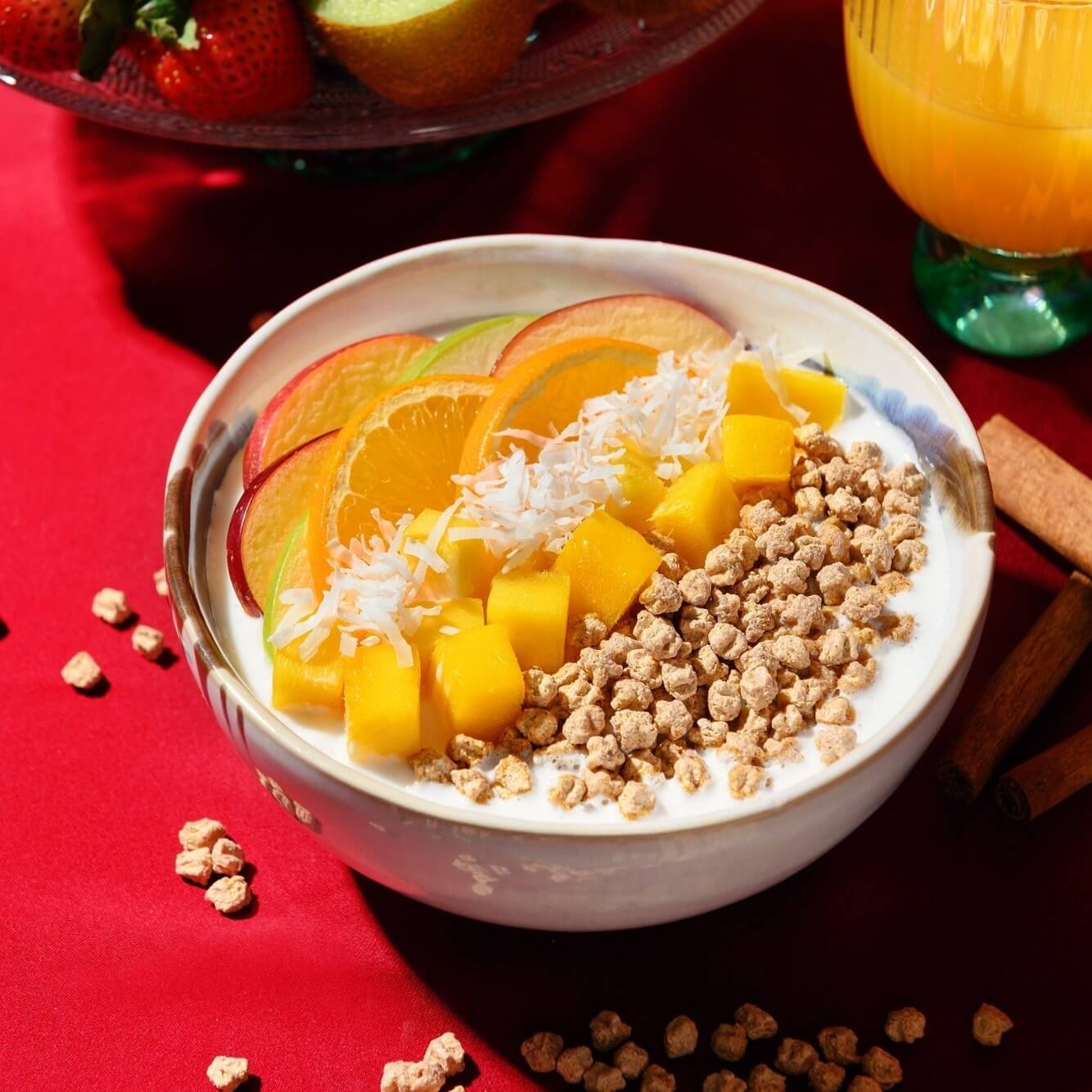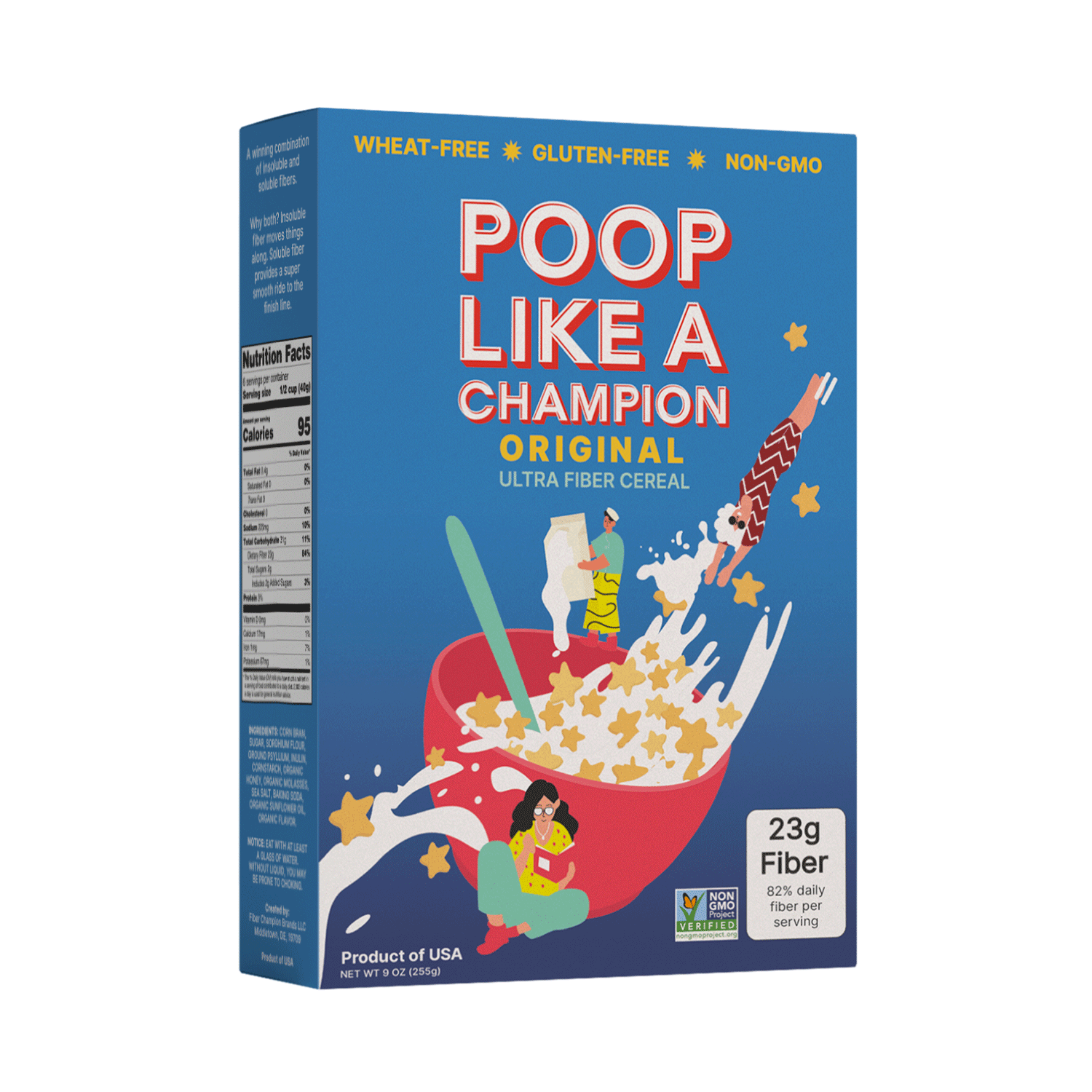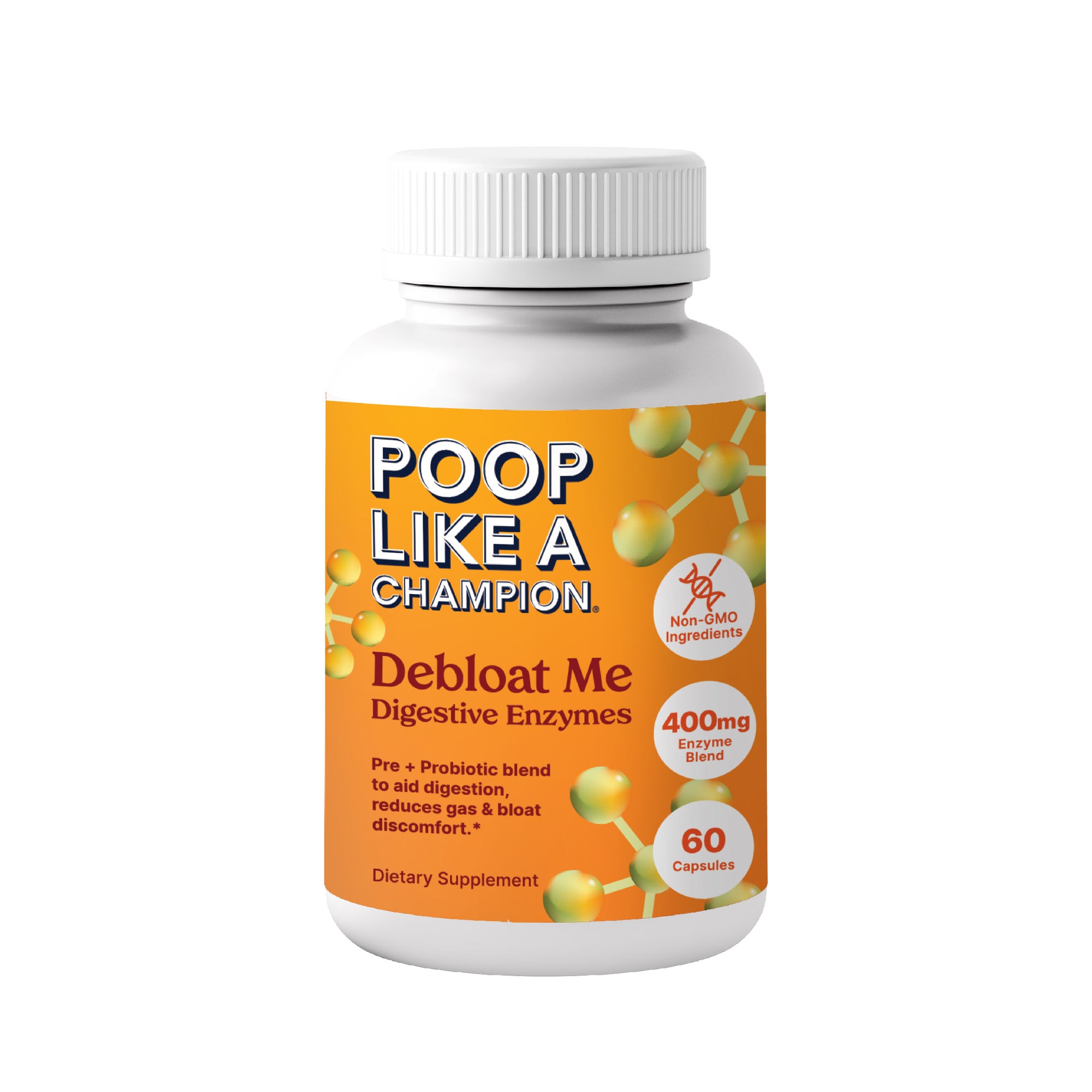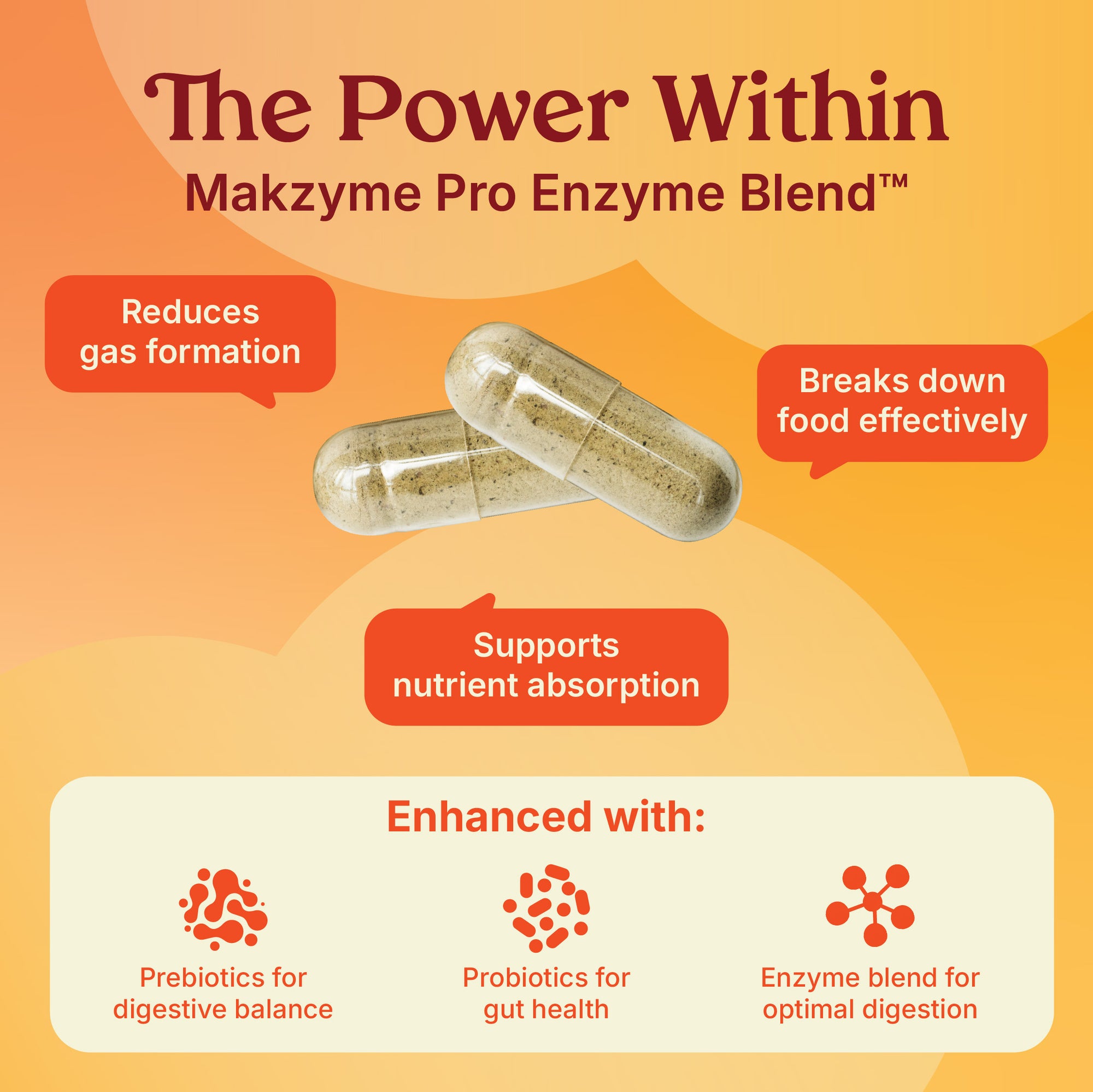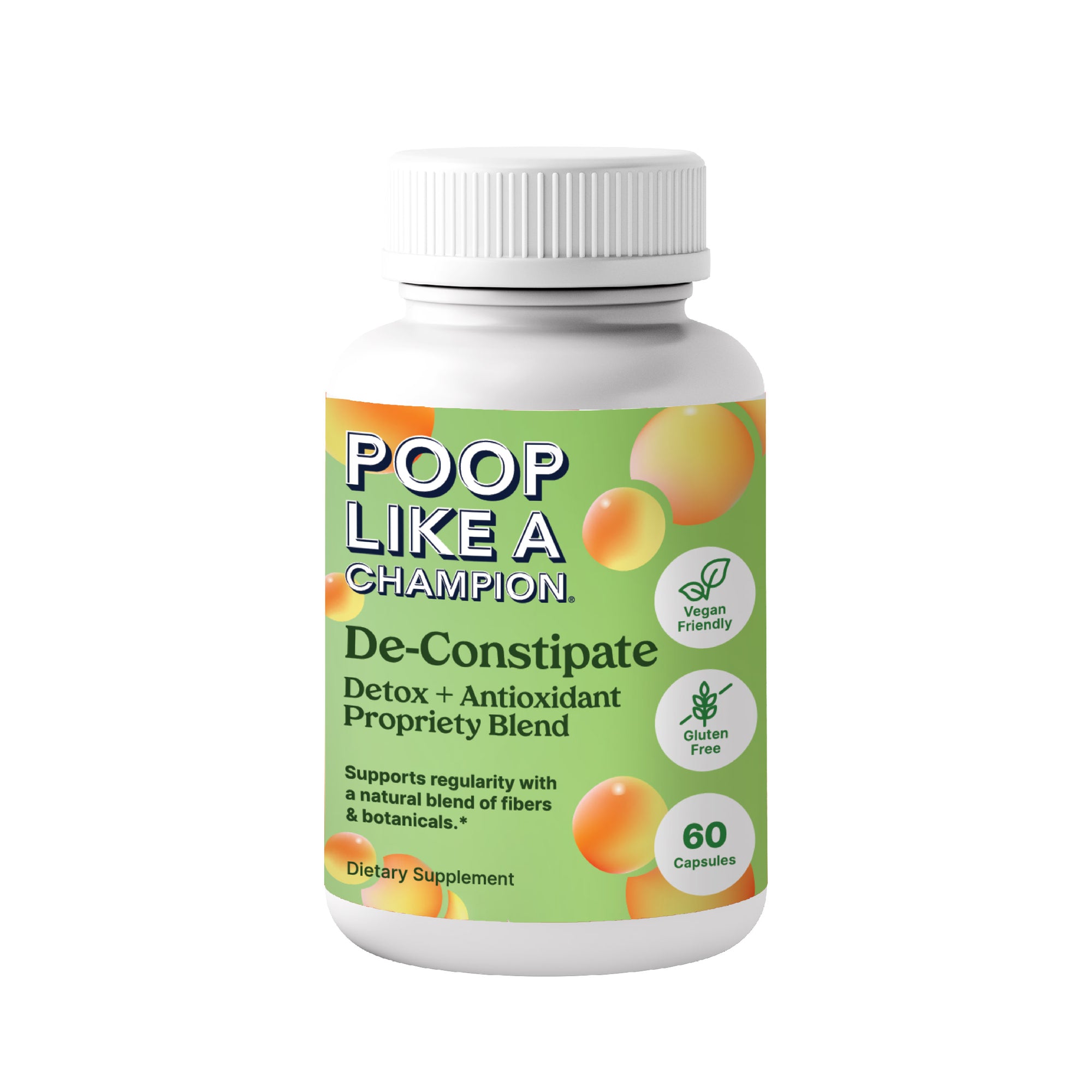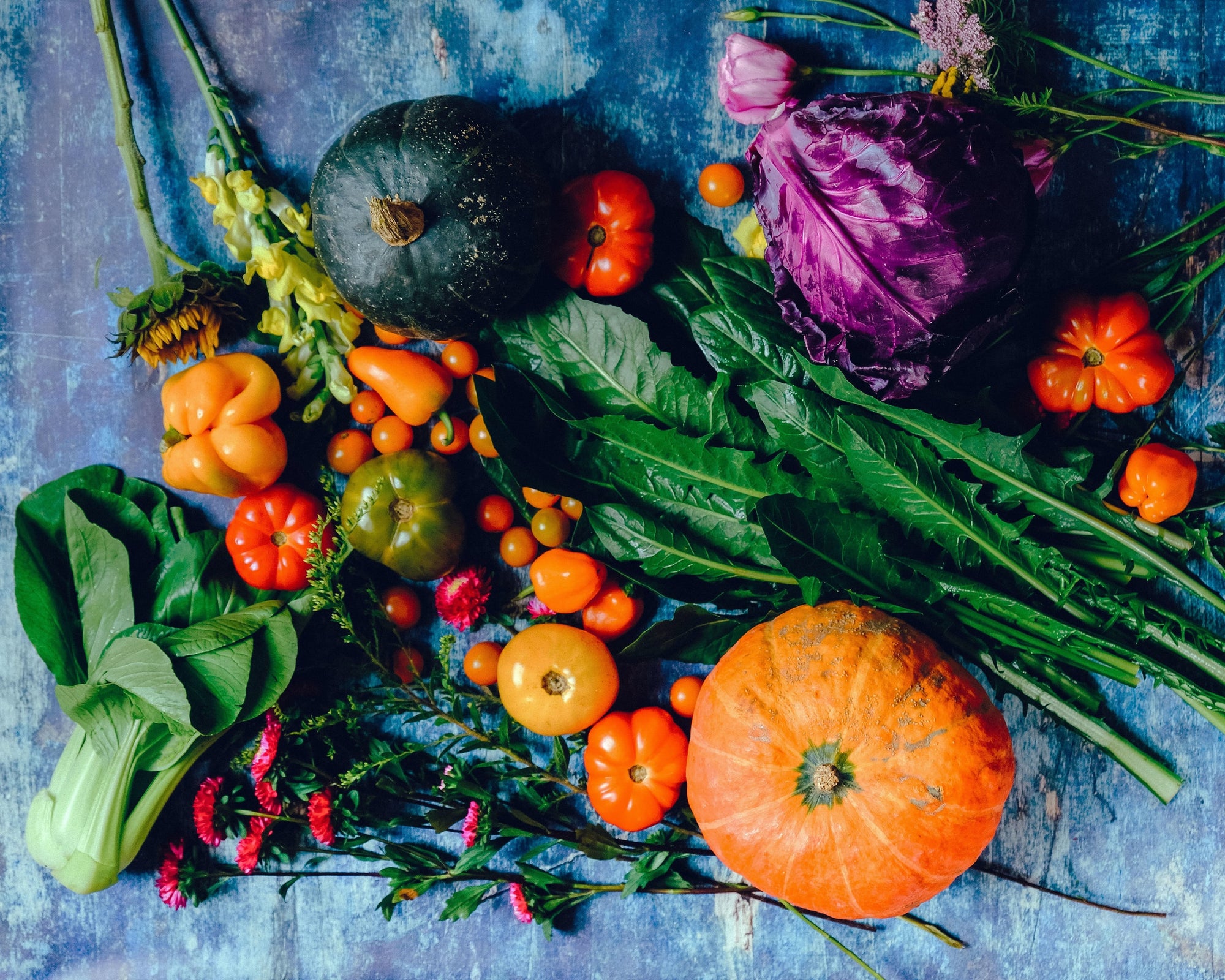

Your Fiber Intake: How Much is Enough?
How much fiber should you have every day?
The average American consumes only 11 to 13 grams of fiber per day, which is much less than the amount advised for both men and women.
According to Dietary Guidelines for Americans, the recommended daily intake of fiber differs between genders and ages.

Signs you need more fiber
There are a few indicators that you need more fiber in your diet. Among these are:
You are constipated or bloated: Fiber adds bulk to your stool, giving your colon something to process and pass. Just a note though, if you go from not eating much fiber to eating a lot of fiber, it is advised to drink plenty of water to help loosen it all up and avoid constipation.
You're gaining weight: If you don't get enough fiber in your diet, you're more likely to overeat because you never feel full. This sense of emptiness can lead to an increase in weight. Fiber can also help to maintain your weight by balancing your blood sugar levels.
You have poor gut health: If you have other problems with your gut health, it may be due to a lack of fiber. Fiber acts as a prebiotic and aids in the feeding of "good bacteria" in the large intestine.
Your meals do not satisfy you: As previously stated, fiber helps us stay and feel full. As a result, if you lack this nutrient, you may never be satisfied.
You have high blood pressure: Fiber can help you manage your blood pressure by lowering triglycerides and increasing HDL (high-density lipoprotein) cholesterol in your body.
Importance of Fiber
Various benefits come with eating the recommended amount of fiber each day. Some of these benefits include but are not limited to:
- Fills you up with fewer calories
- Helps the body absorb less fat and cholesterol from the foods you eat
- Improves bowel movements
- Controls blood sugar levels
- Helps relieve constipation and bloating
In addition to these simple daily benefits, fiber may reduce your risk of developing heart disease, cancer, diabetes, and obesity. According to Harvard studies, those who ate the most fiber reduced their risk of dying from cardiac disease, stroke, type 2 diabetes, and/or colon cancer by 16% to 24% when compared to those who ate the least fiber. This demonstrates how important fiber is in maintaining your health and how much of a role it can play.
Fiber-Rich Meal Plan
Here's a sample meal plan to help you meet or slightly exceed the recommended daily fiber intake while also eating a balanced diet:

(to enlarge: right click on the meal plan above and open in new tab)
If you want to take the extra mile, you can also take supplements such as Poop Like A Champion High Fiber Gummies. Made from natural, plant-based ingredients suitable for all, these fiber gummies contain over 1.2g of soluble fiber each to keep constipation away.
Poop Like A Champion Original Ultra High Fiber Cereal is the highest fiber cereal on the market. It’s gluten free, wheat free, non-GMO and made with premium natural ingredients - we don’t use any of the junk! One serving is enough to meet your daily fiber intake.





